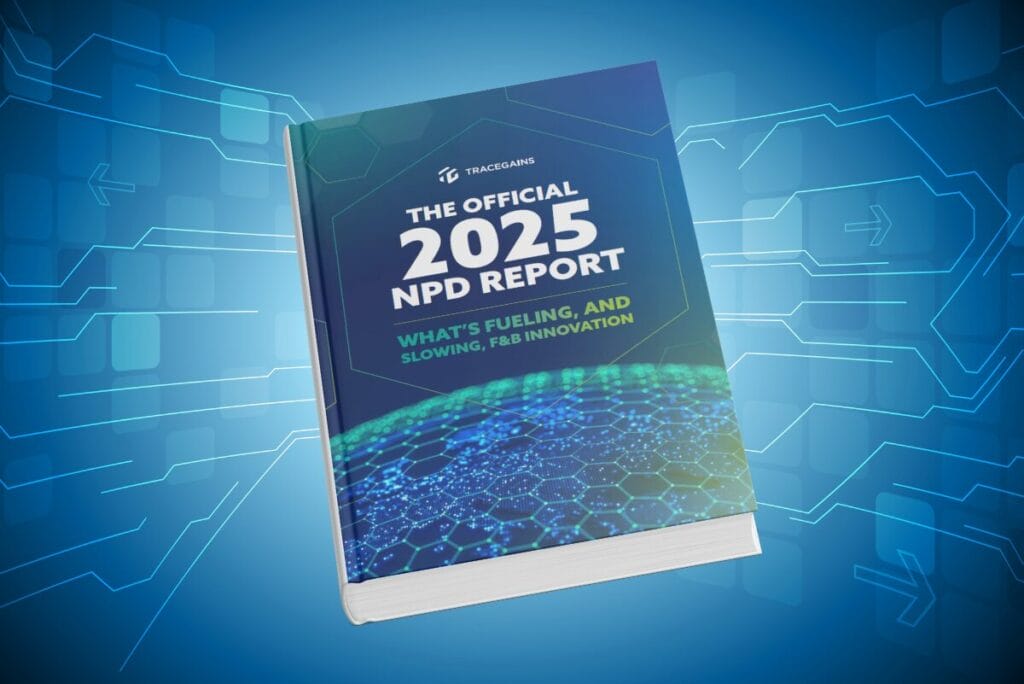WESTMINSTER, CO — TraceGains, a provider of compliance, quality and innovation solutions for the food and beverage (F&B) industry, released its 2025 report, “R&D and Product Innovation in the Food and Beverage Industry.”
TraceGains conducted an online survey of 188 food and beverage leaders at small and large food brands worldwide. The report’s findings reveal that while innovation investment is rising rapidly — with 80% of brands planning to boost new product development (NPD) spend this year — only 2% say their product development processes are fully digitized.
The updated 2025 report builds on TraceGains 2024 report, showing 76% of brands planned to increase innovation investment. That number increased to 80% this year, with over half of the respondents planning to raise budgets by more than 10%.
“We’re pleased with the results of this year’s report showing genuine excitement around AI and digital transformation,” said Paul Bradley, senior director of product marketing at TraceGains. “The downside is that progress is being throttled by outdated workflows and a lack of automation. Amid intense pressure to compete by offering healthier, more sustainable products, the majority of brands still operate in the stone age, managing product development with emails, spreadsheets and paper files.”










